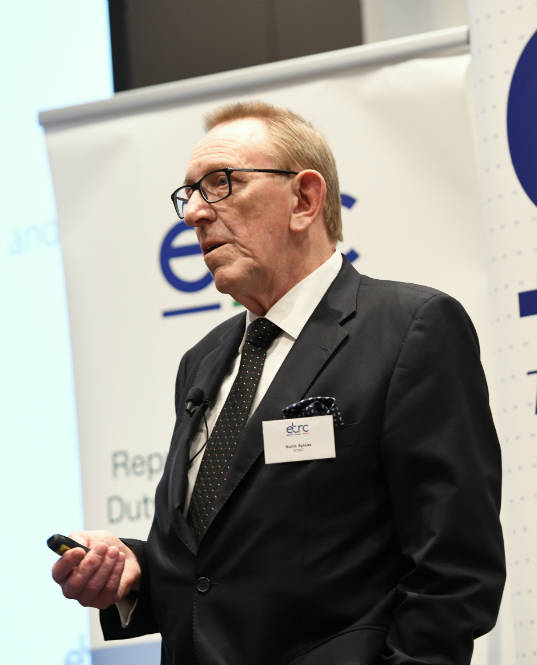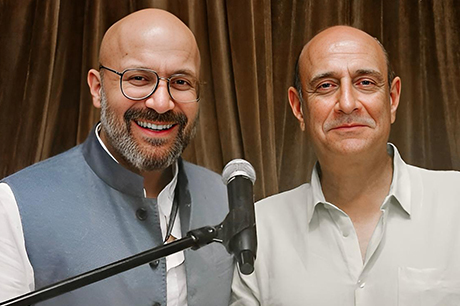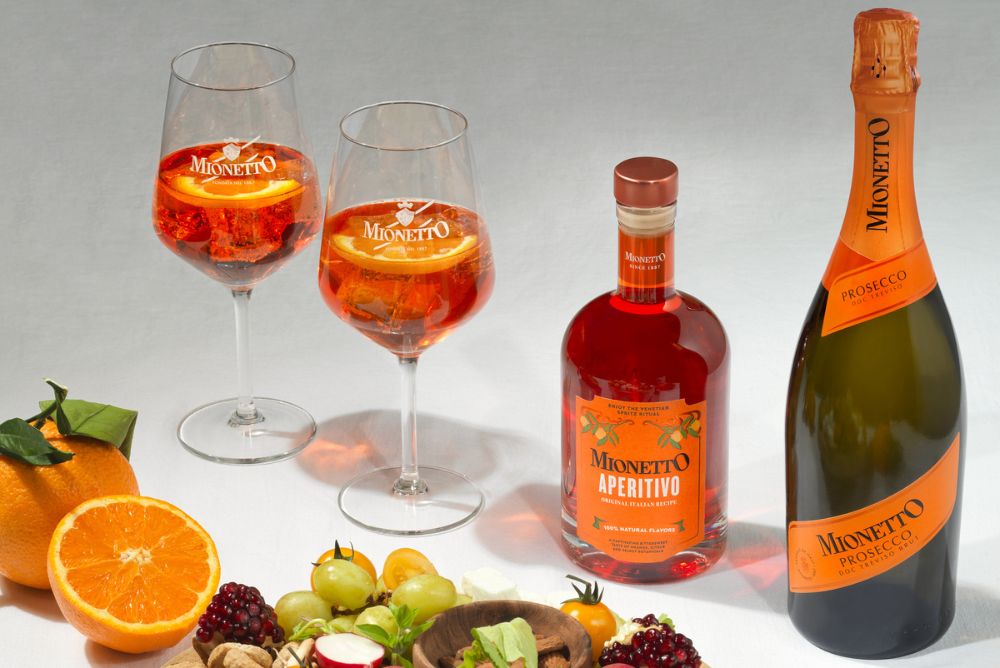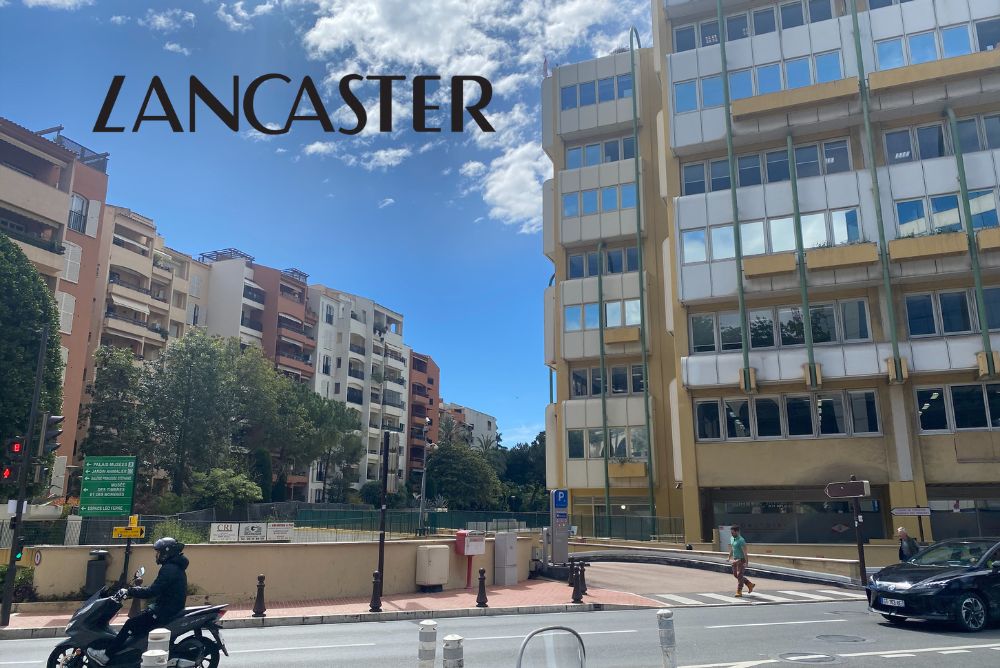DF mounts tobacco defence in countdown to MOP2
By Luke Barras-hill |

The Duty Free World Council is working closely with fellow associations, customs authorities, governments and other tobacco stakeholders on a globally coordinated campaign ahead of MOP2.
The duty free industry is again being urged to sustain critical messages trumpeting its position as a vehicle for legitimate tobacco sales ahead of a crunch World Health Organization (WHO) summit in November.
TRBusiness and other travel retail media were briefed by the Duty Free World Council (DFWC) and European Travel Retail Confederation (ETRC) yesterday (13 January) on the launch of a new global campaign, effective 13 January, addressing the WHO Protocol to Eliminate Illicit Trade in Tobacco Products.
The second Meeting of the Parties to the Protocol (MOP2), aligned to the WHO Framework Convention on Tobacco Control (FCTC), will take place in The Hague, Netherlands in November.
At the meeting, it is expected that the duty free question will again be raised in line with Protocol Article 13.2, which calls for an evidence-based study ‘into the extent to which duty free contributes to illicit trade’.
WORK TO DO
As reported, the industry received a welcome boost in the form of a delay to the study at the first Meeting of the Parties to the Protocol (MOP1) in October 2018.
It was decided a roadmap on the duty free question would be produced within two years, staving off the possibility of the study’s immediate launch.
In November this year, parties will decide whether to proceed with the roadmap, including relevant timelines and when the study might take place.
Based on the study results, action could be taken including the possibility of severely restricting or even banning duty free tobacco sales.
During the media briefing, DFWC President Sarah Branquinho reiterated the association’s pledge to defend the channel, while dispelling any suggestion it is a contributor to illicit trade.
“Over the years the WHO has brought in a number of regulations and rules that our industry has complied with, alongside the rest of the tobacco industry, but there have also been implications and accusations that the duty free industry is a channel through which illicit trade of tobacco takes place.
“We are probably the most regulated industry. When you see halls of illegal tobacco being taken on the high street, it is nothing to do with duty free at all. We don’t understand this focus on a legitimate and highly controlled business.”
The latest DFWC campaign, described as ‘multi-faceted’, ramps up momentum on the WHO ITP issue by instigating dialogue with a broad range of key influencers, from governments and customs authorities to airports, ports, airlines and other duty free tobacco stakeholders.
The DFWC plans to release another aligned statement with partners including IATA and ACI World in due course.
Keith Spinks, Senior Counsel, ETRC said: “We accept the protocol will apply to our retail channel as it does everywhere else; what we do not agree with is the provision in the protocol that basically says ‘the extent to which duty free contributes to illicit trade’ as it suggests it is already complicit.
“Duty free can often be misinterpreted, confused with free trade zones, duty not-paid sales… they are not duty free.
“We have probably the best and most secure supply chain for a retail channel in the world because we are subject to severe penalties if anything goes wrong.”
A core part of the protocol, which was introduced in September 2018 and the elements of which are legally binding, calls for the implementation of a global track and trace regime within five years of its entry.
The industry lobby has reiterated its preference for a harmonised track and trace regime for duty free, although it is gathered at this time that details surrounding global track and trace are complicated and require further work.
While the DFWC remains fully committed to supporting measures to counteract illicit trade, it has made clear on multiple occasions that any study into duty free tobacco should be conducted fairly, with full industry participation and should not be carried out until all elements of the ITP protocol, including track and trace, have been implemented.
The WHO ITP was first introduced during the fifth session of the Conference of the Parties to the WHO Framework Convention on Tobacco Control by Decision FCTC/COP5 (1) on 12 November 2012.
For more on the latest DFWC campaign regarding WHO ITP, watch out for the February issue of TRBusiness.
 COMMENT: THE BATTLE LINES ARE DRAWN AGAIN
COMMENT: THE BATTLE LINES ARE DRAWN AGAIN
Luke Barras-Hill
Attentions once again hone in on the WHO Illicit Trade Protocol (ITP) and the (not-so-distant) second Meeting of the Parties to the Protocol (MOP2), set to take place in November.
As mentioned above, duty free secured a small victory at the first WHO Meeting of the Parties to the Protocol (MOP1) in Geneva in October 2018.
Then, an evidence-based research study [taking as its central premise the spurious claim that duty free is a contributor to the illicit trade of tobacco products] was postponed.
Forty eight countries that ratified the ITP at the time agreed a roadmap on duty free should be produced in two years.
The ratifying countries were mandated to introduce a track and trace regime, alongside other protocol elements, within five years of ITP coming into force (September 2018). The DF&TR lobby has long argued that track and trace should be fully in place before the research study is carried out and this is an issue it has been vocal about at every turn.
Fifteen months on, it’s the same issue, with higher stakes. At the time of writing, it is reliably understood that 82 countries have signalled their intention to implement the terms of the protocol, including a large number from Africa.
The figure also takes into account those that have acceded to the protocol, meaning they have elected to join and abide by a treaty after it has entered into force.
In November, is believed allegations that duty free is complicit in illicit trade will again be used as an attempt to stifle or ban tobacco sales.
While not commanding the same customer pulling power as it once did in the halcyon days prior to the abolition of intra- EU duty free sales in 1999, duty free tobacco nonetheless remains a crucial vehicle for cross-category industry revenue.
A DFWC source told me: “We totally reject these spurious allegations. Our members have been legally and responsibly retailing tobacco products for decades. Duty free is one of the most controlled retail channels across the world and our members work closely with customs authorities and other enforcement agencies.
“It beggars belief to suggest that our members which, include international airports, airlines, international retailers, ferries, cruise ships and major suppliers are involved in criminality and illicit trade. The Duty Free World Council is already well advanced in its planning to address these and other issues.”
In the December 2009 issue, Doug Newhouse, Managing Editor, The Travel Retail Business (as it was known then) noted: “Now is the time that this industry needs to get behind ETRC and all of its regional associations with a lot more than just words to ensure that this seemingly endless and recurring series of threats [including against duty free liquor] can be met head on.”
That message rings true today. The noise of this latest global campaign will expect to reach new decibels in the coming months ahead of the crucial November meeting and there exists a crucial window of opportunity to mobilise new waves of support to repel the threat duty free tobacco threat once again.
This comment piece is an edited version of one that originally appeared in the December issue of TRBusiness.
MEADFA Conference 2024 ‘heading to Abu Dhabi on 17-19 November’
This year’s Middle East & Africa Duty Free Association (MEADFA) Conference will take...
DFWC Q1 2024 KPI Monitor indicates rise in duty free impulse purchases
Impulse purchasing within global duty free is on the rise, according to the latest Duty Free...
Avolta details “bold and ambitious” goals to grow its APAC business
With a number of key developments coming to fruition, including its operations at Wuhan Tianhe...

In the Magazine
TRBusiness Magazine is free to access. Read the latest issue now.

 Trbusiness. The travel retail Trbusiness. The magazine for global retail and duty free professionals.
Trbusiness. The travel retail Trbusiness. The magazine for global retail and duty free professionals.























